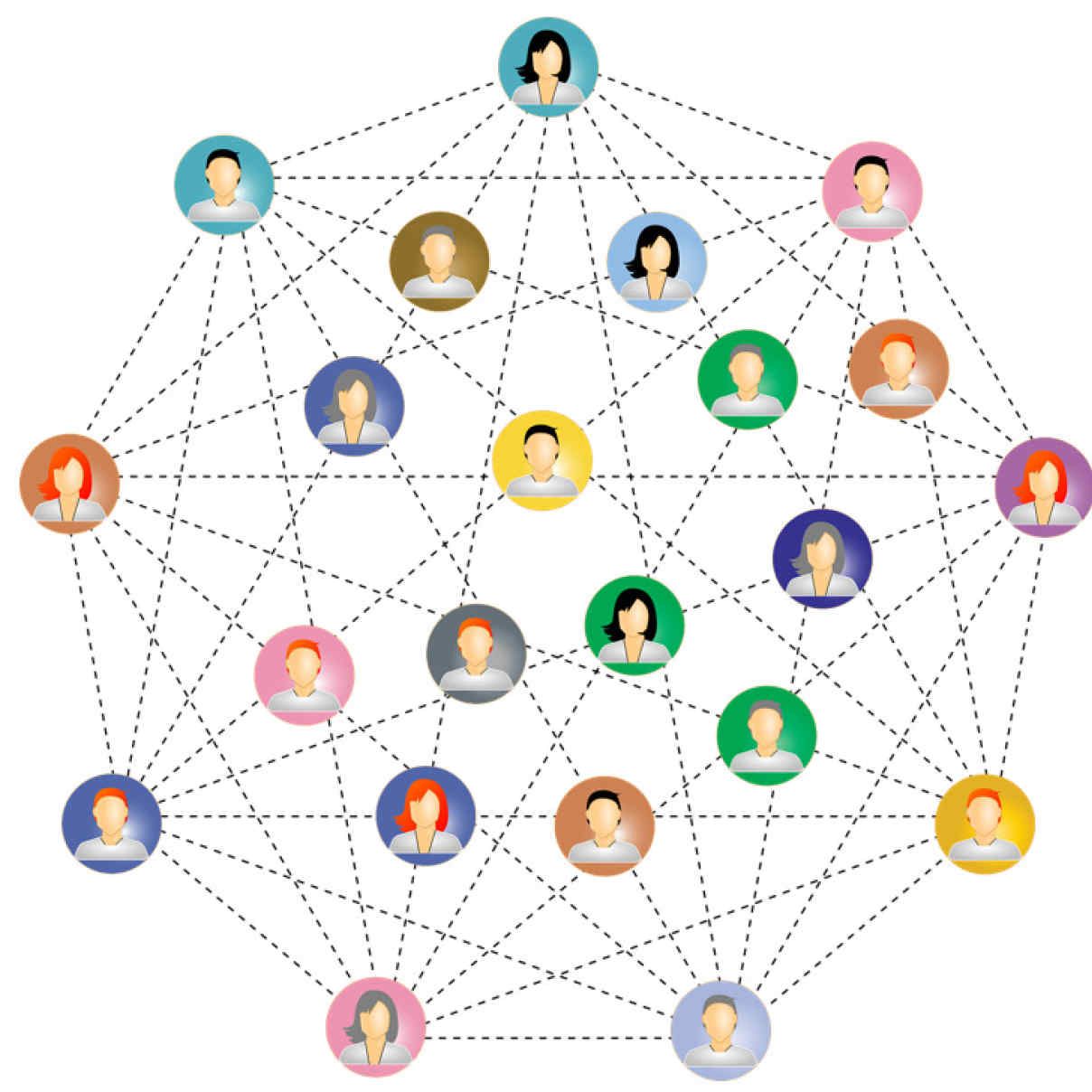Key Info
Date:
August - September 2021
Activity:
Online survey with parents and family caregivers of children (12 years or under) who live or receive healthcare in North West London
Background
Across August - September 2021, we carried out an online public involvement survey to inform research relating to children, young people and family research was conducted. The survey was facilitated by the Patient Experience Research Centre (PERC), a core facility of the current Imperial BRC and aimed to explore parent and family caregiver views on child health research in North West London.
Through the online survey we particularly wanted to understand the views of parents and family caregivers in the North West London community on child health and paediatric research, including views on how this research should be approached and the areas of research of greatest importance to them. The survey particularly targeted parents and caregivers of children aged 12 or under as this was the age group most relevant to the research being proposed in the BRC reapplication.
The survey was hosted on Qualtrics, an online survey platform. The survey included 10 questions, which asked respondents to provide their views on research priorities for this area of research as well as sharing their views on children’s participation in research. The survey also captured the relevant experience of respondents and demographics (age, gender, ethnicity, area of residence).
Key Insight Summary
The responses to the survey represented 74 children from 51 respondents. Respondents were asked to share their views on child health and paediatric research by ranking research areas which were perceived to be most important for research to pursue as well as their opinions on possible research methods and their own child/children being invited to take part in research.
In regard to overall research priorities, respondents ranked both the most common illnesses which cause children to need to go to repeated GP appointments or hospital outpatient appointments over long periods of time and rare illnesses which cause a sudden life-threatening problem or cause children to need many hospitalisations as the most important areas for research to pursue.
When asked about childhood infections, respondents ranked better ways to find the cause when a child has a suspected infection as the highest priority, followed by more research into developing new vaccines to prevent common childhood infections. For research aiming to develop new tests to identify suspected infection within children, respondents felt that an accurate test (that will almost always be right) which may take longer, was more important than a quick test with less accuracy.
Responding to the Child Health & Paediatric theme’s proposed research areas, respondents deemed that any research into early brain injury or brain damage should prioritise developing new, better treatments for brain injury, to reduce the possibility for later disability and that research into developing new tests for childhood wheeze should be prioritise identifying the cause of the problem and finding the best treatment.
Respondents’ rankings identified that following a period of serious illness for a child which required a long hospital stay, research should be focused on preventing it from happening again, followed by understanding why it happened. Genetic testingto identify a possible genetic cause of a serious illness was considered appropriate with the majority of respondents wanting to know any relevant results from genetic testing related to the child’s illness as well as any other results which may be significant (e.g. to other family members’)
Respondents were also invited to share their views on the use of routine data for child health research. When data was de-identified, respondents felt an opt-out process for people to be able to say if they don’t want their data to be used in this way for research was most important, in comparison to data where individual children may be identified, in which an opt-in process with people specifically being asked to agree for their data to be used in this way for each research project was preferred. Additionally, respondents were less in favour of ‘data being easily available for research’ when there was a chance that individual children may be identified.
Lastly, respondents were asked to provide their views on whether they would be happy for their child to hear about opportunities to take part in research from a relevant health professional while at hospital. Overall, respondents were happy for this to happen, but i would like to know more details about the research.
How the insights were used
The insight report summarising the key findings from the online survey was made available to relevant researchers and the BRC Executive in order to shape the BRC application. A full report on all public involvement activities undertaken in preparation for the BRC application can be found here.
Those who completed the survey were also given the opportunity to sign up for future public involvement, engagement, and participation opportunities.
We would like to thank all those members of the public who gave their time and thoughtful insights through these activities, and the researchers who engaged enthusiastically in the process.
Contact us
PERC Director and Co-Founder
Prof. Helen Ward
h.ward@imperial.ac.uk
For enquiries about public involvement in research and research more generally, please email:
publicinvolvement@imperial.ac.uk
Read our blog
All posts- HOPE for Hand Osteoarthritis
- Having an Impact with Public Involvement in Paediatric Intensive Care Research
- Public engagement and involvement at the Cardiomyopathy UK conference: When researchers and the public meet
- Why did nobody ask us?! Reflections and findings from co-produced research into children’s vaccine uptake.
- Three key takeaways from our participation in the Research Engagement Network (REN) community roadshows
- You and Your Health Data: Results of our Great Exhibition Road Festival activity

